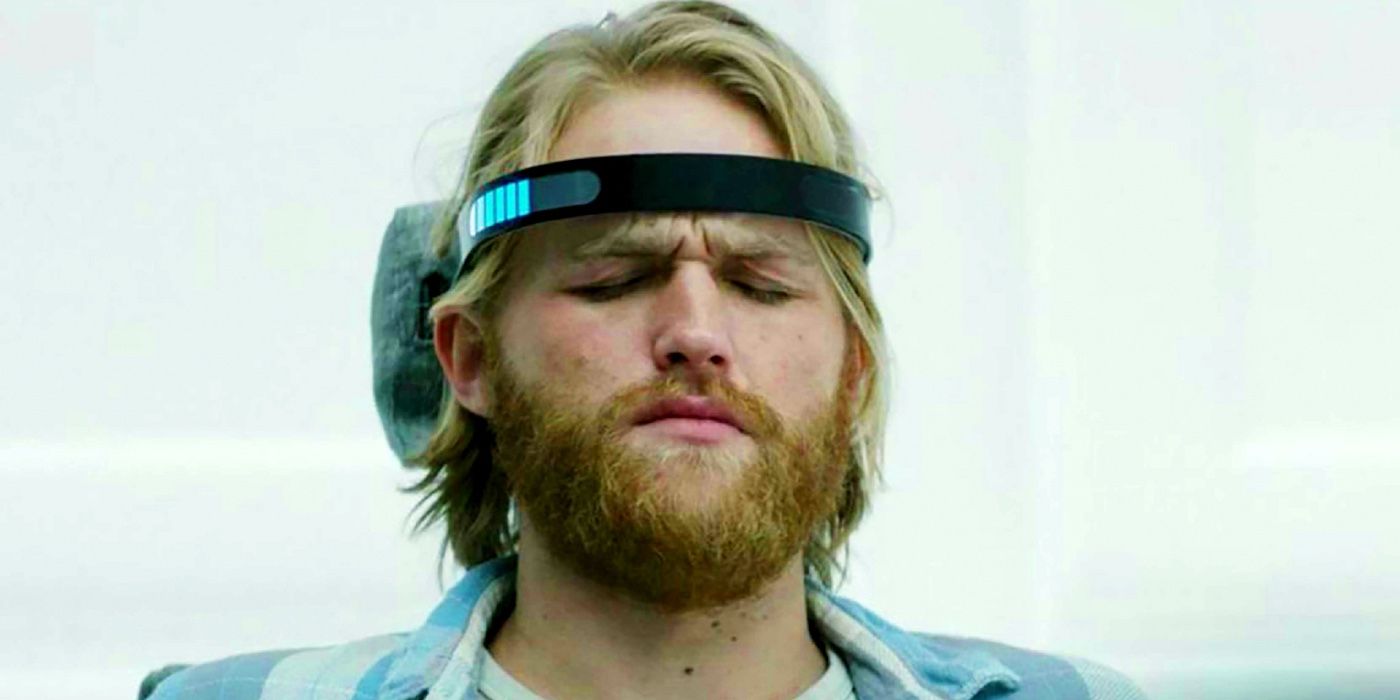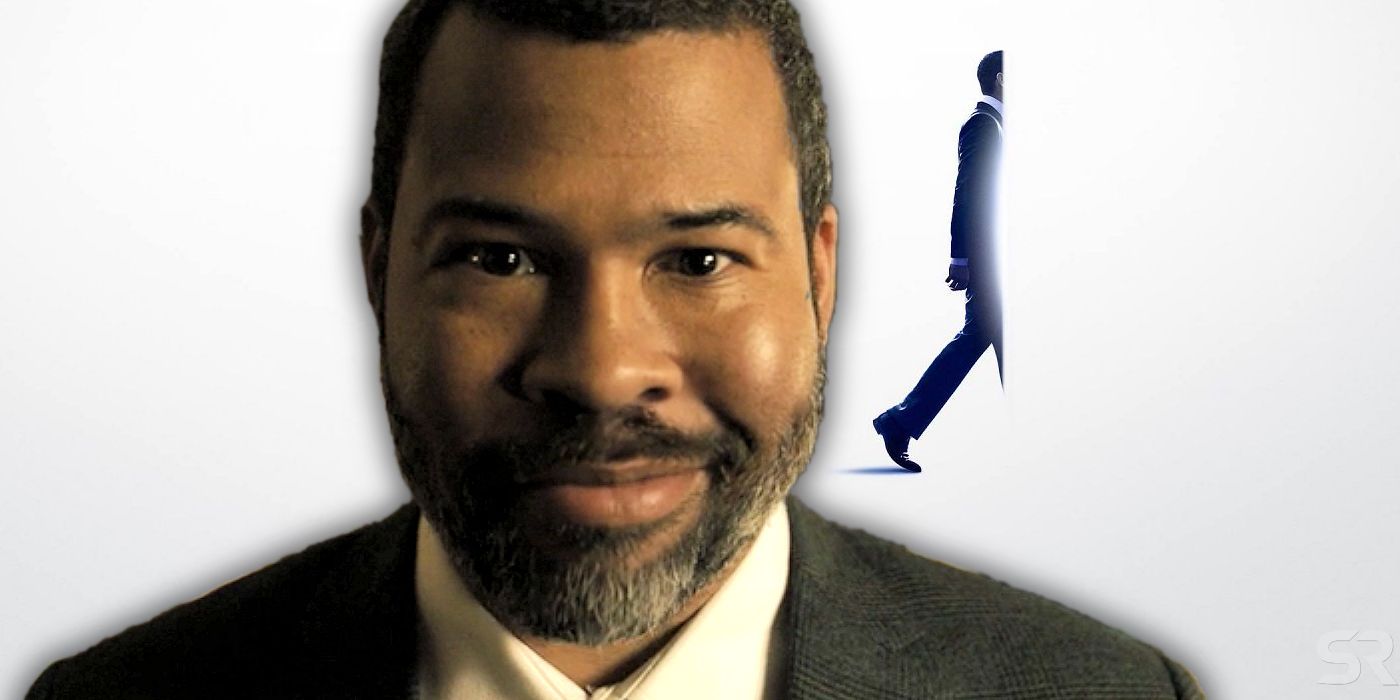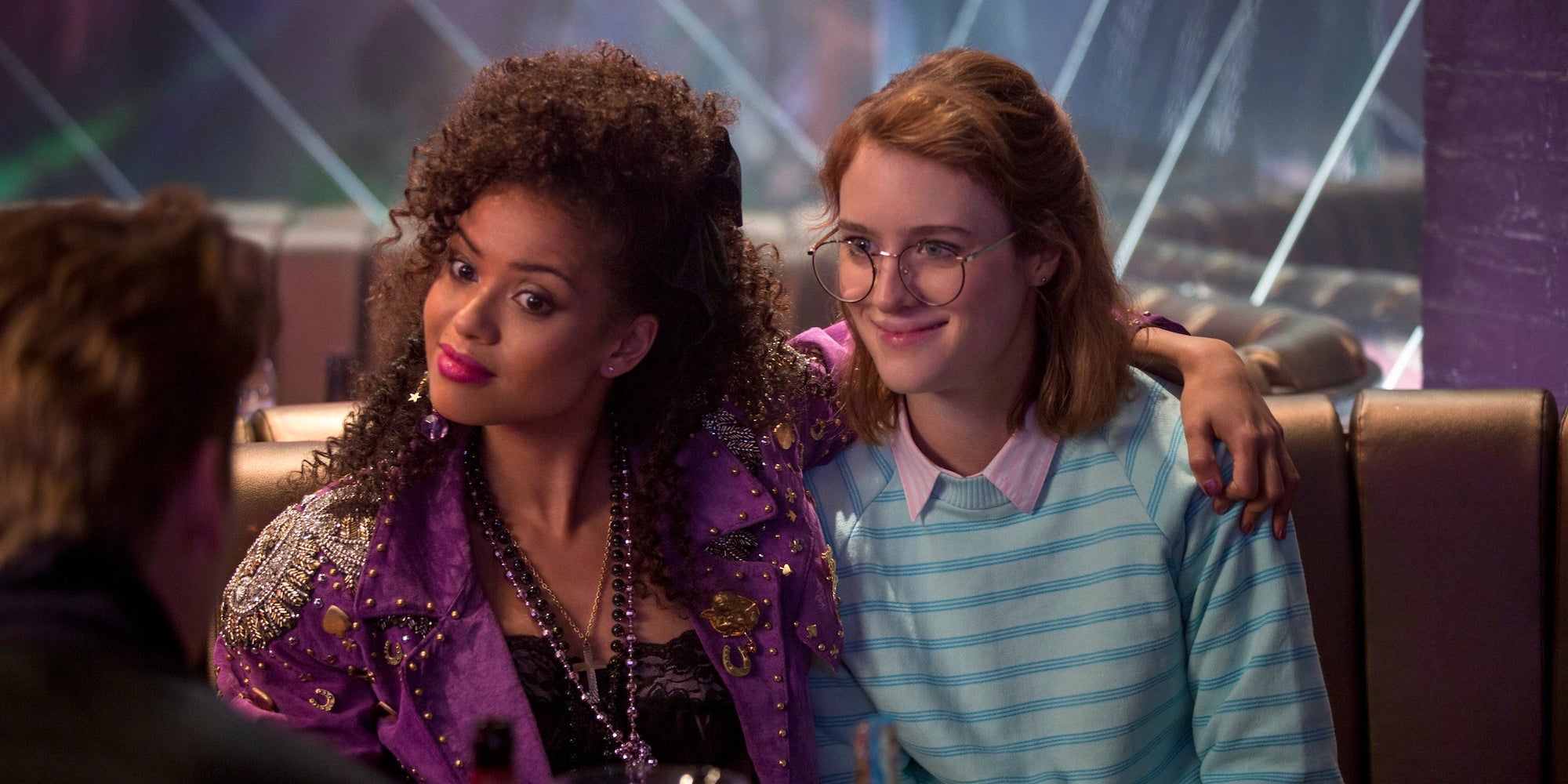The Twilight Zone reboot fails to match the overall quality of Black Mirror. Both series provide relevant sociopolitical commentaries about modern culture and capture a sense of paranoia that’s so crucial to science fiction stories, however, the CBS All-Access update feels more like a safe Hollywood production than a forward-thinking program that stuns audiences with its overall filmmaking.
On paper, The Twilight Zone has all the right components. Jordan Peele, the director of Get Out and Us, hosts and co-produces with Simon Kinberg, an Oscar-nominated producer who made his feature directorial debut with the 2019 franchise film, Dark Phoenix. Plus, the CBS-All Access show has a prestige TV element due the cultural legacy of Rod Serling’s original series, which aired from 1959 to 1964. With Black Mirror, creator Charlie Brooker has slowly built a legacy throughout the 2010s, with Netflix playing an important role as the show’s primary distributor.
Based on both critic reviews and general audience reactions, Black Mirror clearly resonates with streamers more than The Twilight Zone reboot. There are various factors to consider, of course, including the targeted demographics, the performances, the scope of production, and the central messages being delivered. When a new Black Mirror season releases, there’s typically three to six new episodes for audiences to consume at once, with one usually being far superior than the rest. As for The Twilight Zone reboot, the original 10-episode first installment never became synonymous with Must-Watch TV, though the second season does indeed show an improvement in overall quality. Unfortunately for Peele and company, Black Mirror continuously sets a high bar, so The Twilight Zone reboot needed to hit the mark with every episode to keep up.
What Black Mirror Does Better Than The Twilight Zone Reboot

Black Mirror succeeds by progressively building suspense. Season 1, episode 1, “The National Anthem“, establishes the overall tone for the series by prioritizing the technological aspect first and foremost. Brooker explains what can go wrong and why in Black Mirror, and the big reveals tend to underline the human element of the story, and how the focal messages translate to modern society. Unlike The Twilight Zone reboot, there isn’t a host that explains the basic premise within the opening minutes of each episode. Instead, Black Mirror trusts the audience to connect the dots. There’s never a right or wrong answer, whereas The Twilight Zone is designed to provide audiences with clarity through a didactic commentary by the host.
Visually, Black Mirror excels through its world building. Characters often live in futuristic homes but clearly feel alone and separated from the rest of the world, evidenced by Andrea Riseborough’s character in season 4, episode 3, “Crocodile”, and so many other episodes. In contrast, season 3, episode 4,“San Junipero“, has a colorful ’80s vibe. However, this particular world is a virtual community that represents an escape. There isn’t once specific visual look that Brooker and company rely on in Black Mirror, as the filmmakers adapt their imagery to match the story premise. In The Twilight Zone, each episode feels overly-stylized. Despite the visual polish, the imagery doesn’t quite feel natural, and thus heavily contrasts with the black-and-white episodes from the original series.
A Black Mirror episode often feels like a proper movie. The run times are usually an hour at most, but the pacing and overall structure makes the stories feel much larger. There’s always a clear first, second, and third act. Plus, the stakes always seem incredibly high. Crucially, however, it’s the performance in Black Mirror that ground each narrative. It’s one thing to provide viewers with relatable sci fi concepts, but the stories won’t connect if the actors and actresses can’t deliver believable performances. Season 3, episode 2, “Playtest“, succeeds because Wyatt Russell’s Cooper seems genuinely thrilled to participate in a tech experiment, only to be completely freaked out when his darkest fears materialize in real time. Similarly, an episode like “San Junipero“ works because of the character interpretations by Gugu Mbatha-Raw and Mackenzie Davis as Kelly and Yorkie, respectively. The Twilight Zone reboot includes solid performances—overall, the collective cast doesn’t set a high bar like Black Mirror.
Why The Twilight Zone Reboot Hasn’t Been Successful

Like the original series, The Twilight Zone includes a host commentary at the beginning and end of each episode. Incidentally, Peele pays homage to creator Rod Serling while serving as a familiar face to various demographics. By embracing tradition, however, The Twilight Zone limits its potential. During the streaming era, viewers don’t need someone to explain the narrative premise and what it all means. For some, Peele’s appearance may even distract from the story being presented. Plus, the host structure means that the opening minutes of each episode always lead to a big moment, which will then be followed by a host commentary. With Black Mirror, streamers can press play and get lost in the story. Peele’s commentaries may indeed feel welcoming and helpful to some viewers, but overall, the host’s wink-of-the-eye approach feels dated.
In The Twilight Zone season 1, many episodes feel sci-fi-lite, almost like restrictions were placed on the directors. In Peele’s movies Get Out and Us, there are plenty of shocking moments that stem from smart storytelling, and become more impactful through strong filmmaking techniques. Overall, The Twilight Zone season 1 just feels too safe. However, The Twilight Zone season 2 is more ambitious, with episodes like “8,” “The Who of You,” and “Among the Untrodden”. Unfortunately, the reboot episodes aren’t consistently on-point with the filmmaking and performances. Many cultural references feel forced, and some actors and actresses often seem too self-aware, almost like they’re focused on being a character in The Twilight Zone rather than locking in to the performance itself.
Modern Audiences Relate More To Black Mirror

Audiences relate to Black Mirror because the stories seem real and the performances feel authentic. With each script, Brooker taps into real fears people have in the Digital Age, and then incorporates futuristic concepts to show where our world may be heading. Based on the viewer’s personal experiences, the narratives can be interpreted in a variety of different ways. Some people may connect with the tech ideas, while others may relate to the human element and what the characters must confront. Even though Black Mirror season 5 doesn’t have the strongest group of episodes, there’s truth in a VR-themed episode like season 5, episode 1, “Striking Vipers”, or a social media-themed episode like season 5, episode 2, “Smithereens”. With that said, Brooker loses his way with the celebrity-themed production of season 5, episode 3, “Rachel, Jack and Ashley Too”, which has a meta, wink-of-the-eye element that often derails The Twilight Zone reboot.
Even though Black Mirror is inherently dark, the occasional comedic moments land well because they feel natural—like a big sigh of relief. In Black Mirror’s shared universe, people don’t navigate their surroundings like stylized Neo-Noir figures or Cyberpunks. Most often, Black Mirror characters are normal people who get caught up in a difficult situation, and then try to figure out the bigger picture. Viewers seem to relate to Black Mirror because, in real life, any type of social media slip on any given day can indeed cause some major personal problems, and an embarrassing moment can be recorded and shared across the world. In a tragicomic way, Brooker implies that technology will be humanity’s downfall, and any attempts to walk away—if only briefly—are less about peace of mind and more about performing for others. Perhaps a future Black Mirror episode will address the art of announcing a social media break, along with the psychology behind the act itself.




